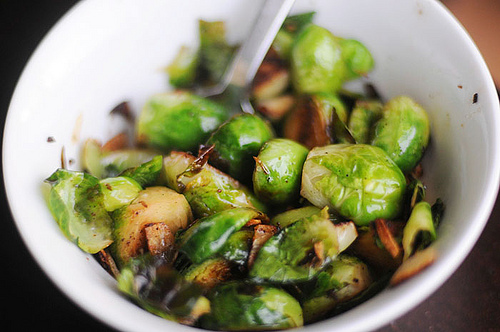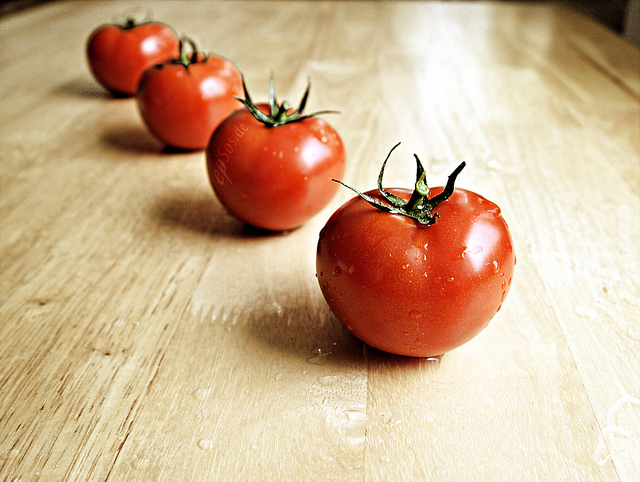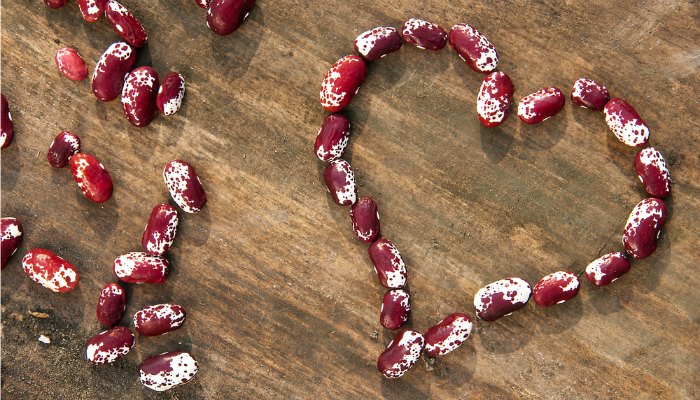
A discussion on our Facebook page the other night reminded me about my obsession with cruciferous vegetables. Broccoli, kale, Brussels sprouts, cauliflower, bok choy…we eat one of those tasty cabbage relatives almost every day around here!
Did you know that cruciferous vegetables were loaded with health benefits? I had a vague idea that they were some kind of super veggie but didn’t know any details. A little digging turned up a slough of information!
Cruciferous vegetables are in the cabbage family. Some other common cruciferous vegetables that you’ll find at the grocery store are:
- arugula
- bok choy
- broccoli
- Brussels sprouts
- cabbage
- cauliflower
- collard greens
- horseradish
- kale
- kohlrabi
- mustard greens
- rutabaga
- turnips
- watercress
Over at WebMD there’s a very comprehensive article about cruciferous veggies and their superpowers. Here are a few of the highlights:
1. Cancer Prevention
The vast majority of studies on cruciferous veggies linked them with cancer prevention. While that doesn’t necessarily mean they prevent cancer, a strong link is nothing to sneeze at. They’ve also been shown to help reduce free radicals in the body, which may also help prevent cancer.
At the very worst, you can’t do yourself any harm by taking a second helping of Brussels sprouts at supper this week.
Related: 10 Foods that Prevent Cancer
2. Preventing Cardiovascular Disease
While this one doesn’t have as much evidence as cancer prevention, there are a couple of studies out there that suggest that eating your kale and cauliflower can help prevent cardiovascular disease.
3. Rich in Vitamins
Cruciferous veggies are rich in vitamins A, C, and folic acid. They recommend eating them raw or lightly cooked to preserve the vitamin content. They’re also often high in fiber, which Americans often fall short on.
Slaw is a great way to get those cruciferous veggies in a raw form. Check out Rachel’s winter coleslaw recipes for some inspiration!
Do any of you guys have a cruciferous vegetable obsession like I do? What are your favorite ones? My top three are broccoli, kale, and Brussels sprouts.
Image Credit: Creative Commons photo by mkosut
Want to talk food? You can drop us a line via our contact page or “like” us on Facebook to get in on the conversation!








My favorite cruciferous vegetable is watercress! (Not hugely surprising, I know, considering that my secret identity is “Watercress Woman.” :) Thanks for helping me get the word out about the health benefits of this great family of vegetables!
Watercress is delicious!
My favorite cruciferous veggies are cabbage, brussel sprouts, broccholi, cauliflour, turnips, collard greens and kale. Love those veggies. I eat a variety of them daily.